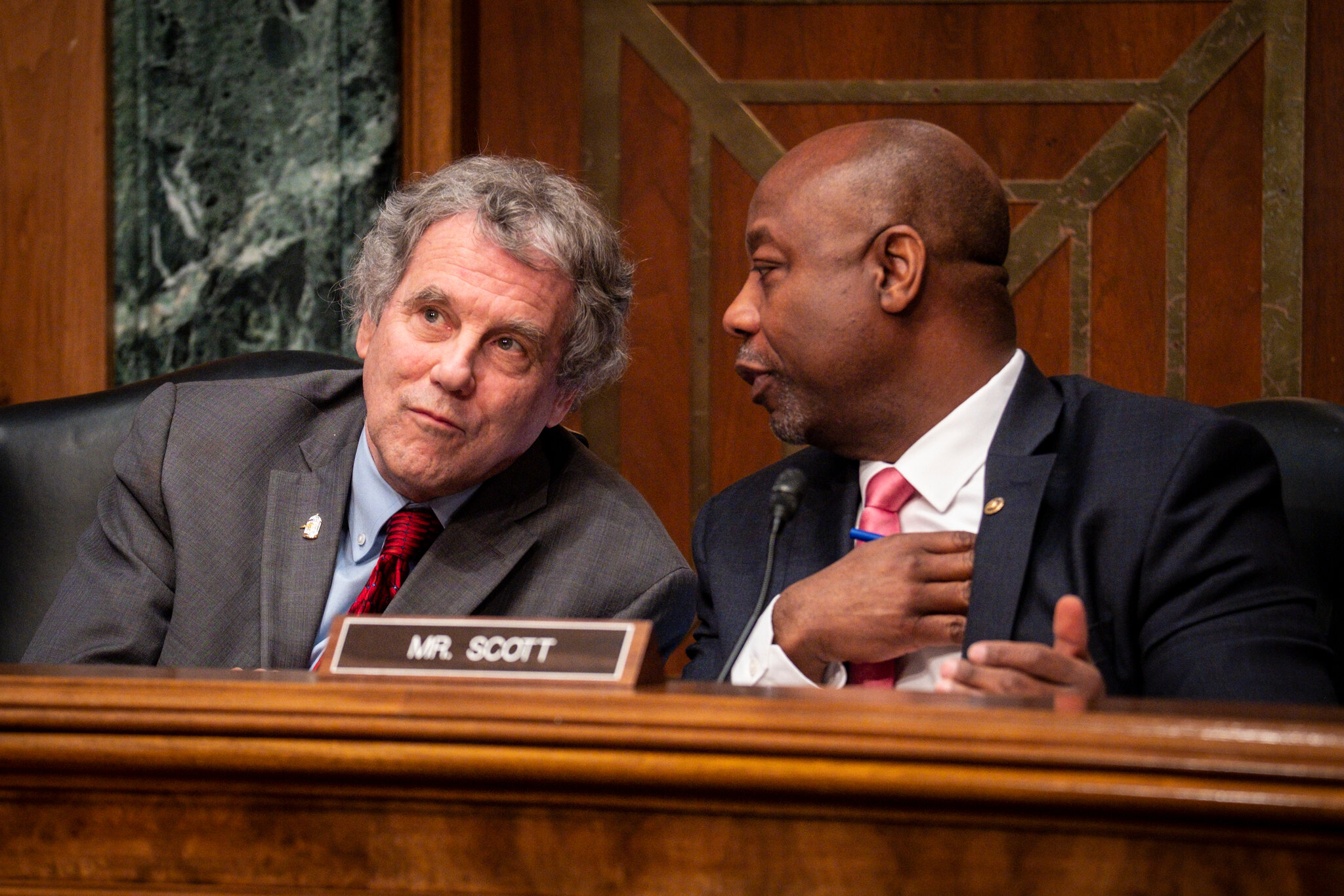U.S. Crypto Watchdog Faces Leadership Crisis Amid Delays and Political Pressures
U.S. Crypto Watchdog Faces Leadership Crisis Amid Delays and Political Pressures
By
Rachel Steinberg
Last updated:
September 30, 2025
First Published:
September 30, 2025

Photo: The New York Times
A Regulatory Crossroads
The U.S. Securities and Exchange Commission (SEC) is currently navigating a turbulent period marked by leadership changes, political pressures, and shifting regulatory priorities. These developments have significant implications for the cryptocurrency industry, which has been under intense scrutiny and evolving oversight.
Leadership Transition and Its Implications
In January 2025, Gary Gensler stepped down as SEC Chair following the inauguration of President Donald Trump. Gensler's tenure was characterized by stringent regulations aimed at curbing fraud and enhancing transparency in the cryptocurrency market. His departure has led to a leadership vacuum, with Paul Atkins appointed as the new SEC Chair. Atkins, known for his pro-crypto stance, has signaled a shift towards a more lenient regulatory approach.
Political Pressures and Industry Influence
The change in leadership has not been without controversy. Critics argue that the new administration's policies may be influenced by political donations and industry lobbying. Notably, the Winklevoss twins, founders of the Gemini exchange, have been vocal in their criticism of the SEC's previous regulatory approach and have made significant political contributions to pro-crypto campaigns.
Congressional Scrutiny and Oversight
The SEC's recent actions have drawn bipartisan concern from lawmakers. In April 2025, the Government Accountability Office (GAO) was tasked with investigating whether recent changes at the SEC, including staff reductions and policy shifts, were influenced by political considerations. This scrutiny underscores the importance of maintaining an independent regulatory body amidst political transitions.
Regulatory Uncertainty and Industry Response
The leadership changes and political pressures have contributed to a climate of regulatory uncertainty. Cryptocurrency firms, previously facing aggressive enforcement actions under the prior administration, now find themselves navigating a more ambiguous regulatory landscape. Some industry leaders express hope for clearer guidelines, while others remain cautious about potential overreach or favoritism.
Enforcement Actions and Policy Shifts
Under the new leadership, the SEC has begun to reassess its approach to enforcement. Notably, the agency agreed to dismiss lawsuits against major exchanges like Kraken and Coinbase, signaling a potential shift towards a more conciliatory stance. These actions suggest a departure from the aggressive regulatory posture of the previous administration.
Broader Implications for Financial Regulation
The developments at the SEC are part of a broader trend of regulatory evolution in the financial sector. Agencies are increasingly tasked with balancing innovation and investor protection, particularly as digital assets become more integrated into the mainstream financial system. The outcome of these regulatory shifts will likely influence global standards and practices in financial oversight.
Public Perception and Market Reactions
Public perception of the SEC's actions plays a crucial role in shaping market dynamics. The cryptocurrency market has experienced volatility in response to regulatory announcements, with investor sentiment closely tied to the anticipated direction of SEC policies. Clear and consistent communication from the SEC will be essential in maintaining market stability.
Looking Ahead: The Path Forward
As the SEC continues to navigate this period of transition, it faces the challenge of establishing a regulatory framework that fosters innovation while ensuring market integrity. Stakeholders across the financial and cryptocurrency sectors will be closely monitoring the agency's actions to assess the long-term impact on the industry.
Navigating a Complex Landscape
The SEC's current leadership crisis highlights the complexities of regulating a rapidly evolving sector like cryptocurrency. Balancing political influences, industry interests, and the need for clear regulatory guidelines presents a formidable challenge. The outcomes of this period will have lasting implications for the future of cryptocurrency regulation and its role in the broader financial ecosystem.
Popular articles
Subscribe to unlock premium content
Disney’s Timeless Magic and How the Entertainment Giant Continues to Shape Culture and Innovation

Imran Khan’s Economic Missteps Amid Political Chaos in Pakistan

The Philippines’ Digital Shift How Remittances and BPO Are Fueling Growth

Disney’s Timeless Magic and How the Entertainment Giant Continues to Shape Culture and Innovation

Imran Khan’s Economic Missteps Amid Political Chaos in Pakistan

Disney’s Timeless Magic and How the Entertainment Giant Continues to Shape Culture and Innovation









